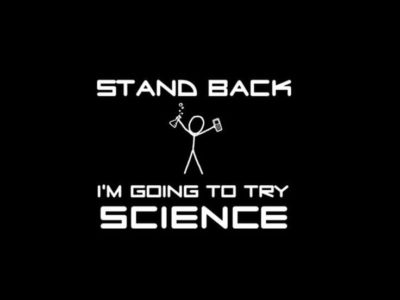The words “chemistry major” immediately bring to mind an evil genius wearing a white lab coat and goggles who spends his time exploding things in class. And granted that may be part of it, but there’s a lot more to it than just turning into a magician in the lab. As the opposite of a chemistry major, I remember being fascinated in class when the professor blew up gummy bears, set fire to balloons so they exploded in different colors and made a rainbow of elements in a glass cylinder. But there’s more involved to the major than just what that professor showed me. He had to work for years to be able to goof off and (safely) show off to his students. So before you jump in expecting to be able to set fire to things right away, here is a quick look at what the major will actually be like.
What You’ll Be Doing
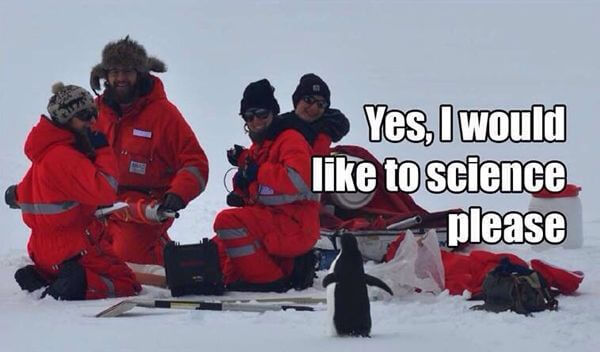
Yes, there’s lots of lab work to be done, but that’s not all there is to being a chemist. This major is rigorous. There’s a library out there that’ll become your new best friend with the perfect balance of coffee and study access. Say goodbye to your record-breaking Netflix streaks and say hello to discovering and reporting on how the world works and is built. Sounds like a pretty hefty job, but don’t worry. This major is all about baby steps. As you progress up the major food chain, your classes become smaller and more focused– no more 500-person lectures. Once you get past the generic classes, the primary area of study will be up to you to decide (freedommmm!). So put away the goggles and torch, you’ve gotta go through the basics before you can invent time travel or built rockets. Calm yourself, there’ll be plenty of time for that later.
Upsides
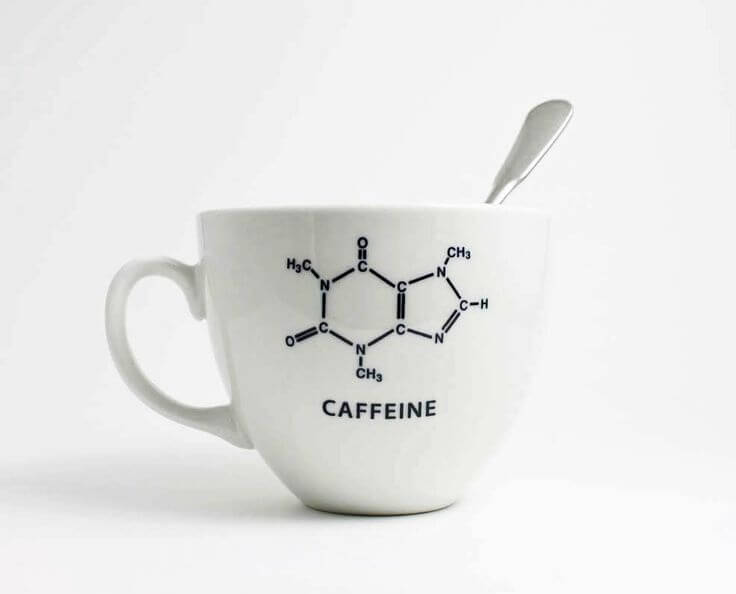
1. “By the time you complete your degree, you’ll realize that everything anyone has ever told you about chemistry is a lie, and will question anything and everything anyone says to you.” –Christopher Duphren, University of Florida Class of 2015
2. “Chemistry is a powerful tool to explain the world around us and the best part about it is that there’s still so much to discover. It helps push the frontier of other fields such as materials science, physics and biology. This major introduces students to the forefront of innovation through chemical research and classes taught by tenured faculty members.” –Aran Hubbell, Boston College Class of 2015
3. “Chemistry is a very practical science, and the more you learn and the more classes you take, the more you start to view the world with a chemistry lens. Things tend to start going together like puzzle pieces, so questions like ‘why is the sky blue?’ And ‘how does laundry detergent work?’ have answers and the inner workings of modern life tend to follow trends. It’s very rewarding. Chemistry is also a versatile field, and applicable to most all modern industries. From business to engineering to art, industries do rely on chemists or chemistry in one way or another, which leads to a degree of job security for chemists and chemical engineers.” –Kamau Burton, Boston College Class of 2017
Downsides
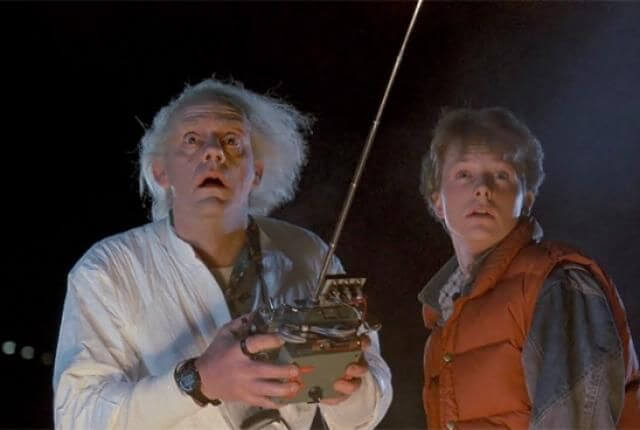
1. “There may be a demand for entry level positions with a B.S. as a requirement, but there is little to no opportunity for advancement unless you get at least an M.S. So, if you’re looking for a career in chemistry be ready to be in school for at least a master. Much like biology, it is a gateway to professional schools, and professors give priority to students who are actually interested in the field, so if you are looking for research opportunities as an undergrad, it’ll be a little harder if you are on a pre-professional track.” –Christopher Duphren, University of Florida Class of 2015
2. “The downside is the work load. A lot is expected of chemistry students, class averages are low and nobody gets through without struggling at least once or twice.” –Aran Hubbell, Boston College Class of 2015
3. “It’s not uncommon that I find myself juggling a handful of taxing chem assignments between lab reports for supplementary four hour lab classes, studying for tests, and just regular assignments, keeping me up well past 3 a.m. – not to mention my other classes. As with most undergrads of our generation, preemptive resumé building and proactive internship seeking are important, which means you may not exactly be rollin in cash for a few years or so, but certainly worthwhile if you plan on pursuing a graduate degree. – Kamau Burton, Boston College Class of 2017
Career Opportunities
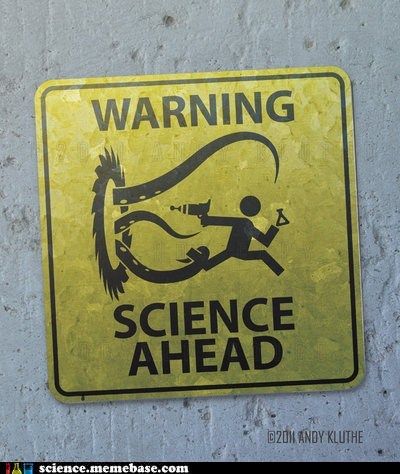
Despite popular belief, you won’t all end up in the lab as chemists. There’s a wide range of career opportunities for grads with a chemistry degree. While lab technicians or research assistants are the most common positions available to those with only a bachelor’s, you may want to invest some more time for a Master of Science or Ph.D, if you’re aiming for something more competitive.
1. Biotechnician
Biotechnicians are like the superheroes of the medical field. They use their big, ol’ brains to develop medicinal remedies and advancements like pacemakers, prosthetic limbs and artificial organs. This position can entail as much research or hands-on manufacturing as you like. Chemist’s choice. These are the types of gadgets that are paving the way to the future of medicinal technology and are nothing to sneer at.
2. Radiologist
Radiologists work mainly in diagnostics and (depending on the situation) can have very little interaction with actual patients. Their main job is to study and interpret imaging technology (MRI’s, x-rays, ultrasounds, etc) and discover the problem. Imagine the Sherlock Holmes of medicine (or House, because that’s pretty much what he is) and that’s how I imagine a radiologist spends his day. “Watson!”
3. Surgeon
If you’ve watched any medical TV show out there (Grey’s Anatomy, anyone?), you know that surgeons perform operations to treat diseases and illnesses. You’ll need to know the ins and outs of the human body and anatomy in general, but what you specialize in is entirely up to you. Either way, you’re going to be saving people’s lives and basically earning the badass reputation your mom is already talking up for you.
4. Veterinarian
If you’re a vet, you’re pretty much a master of everything. As a vet, you need to know the anatomy of several different species (Unless, of course, you want to specialize). You could be working on dogs and cats, or horses and elephants depending on the way you steer your career. Vets have a thousand different paths they can take, so even if you graduate with a bajillion other vets, you could all be doing something entirely different and unique.
5. Chemical Engineer
If radiologists are the Sherlock Holmes’ of the fictional world, then chemical engineers are the Batmans. They design manufacturing equipment and product processes that we all use all the time. They’re working on the safety of these things, environmental impact, cost, etc. Batman, right? Saving the world with one gadget at a time.

